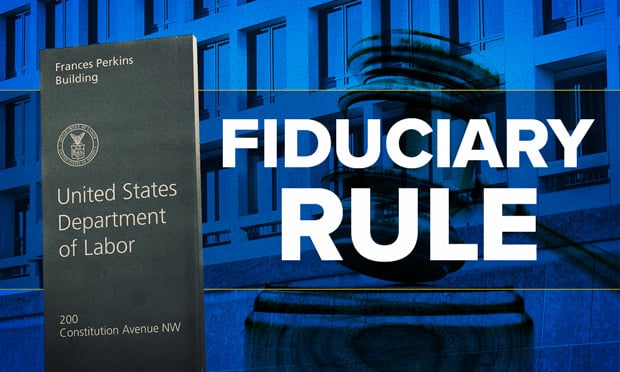U.S. Sen. Richard Burr, along with Sen. Tom Coburn, has introduced the Public-Private Employee Retirement Act of 2011 to address long-term liabilities facing the federal government. The legislation would end the defined benefit pension portion of the Federal Employee Retirement System (FERS) for new federal government hires — including members of Congress — starting in 2013. It would not affect the Thrift Savings Plan, which will continue to be matched up to 5 percent for new and existing workers.
Federal workers currently receive both a defined benefit pension and a Thrift Savings Plan (equivalent to a 401(k)) with up to a 5 percent match, paid for by the taxpayers. The average private sector employee gets a 401(k) with a 3 percent employer match and no pension. Federal workers also continue to enjoy federal health care benefits (FEHBP) after they retire.
The FERS system is currently underfunded by almost $1 billion dollars. The Civil Service Retirement System (CSRS), which previously served as the federal pension system, is underfunded by $673 billion. In 2012, the federal government will contribute $22.2 billion to FERS. By 2065, those required contributions will rise to $239.5 billion, with the government paying out $415.3 billion in benefits.
Complete your profile to continue reading and get FREE access to BenefitsPRO, part of your ALM digital membership.
Your access to unlimited BenefitsPRO content isn’t changing.
Once you are an ALM digital member, you’ll receive:
- Critical BenefitsPRO information including cutting edge post-reform success strategies, access to educational webcasts and videos, resources from industry leaders, and informative Newsletters.
- Exclusive discounts on ALM, BenefitsPRO magazine and BenefitsPRO.com events
- Access to other award-winning ALM websites including ThinkAdvisor.com and Law.com
Already have an account? Sign In
© 2024 ALM Global, LLC, All Rights Reserved. Request academic re-use from www.copyright.com. All other uses, submit a request to [email protected]. For more information visit Asset & Logo Licensing.








